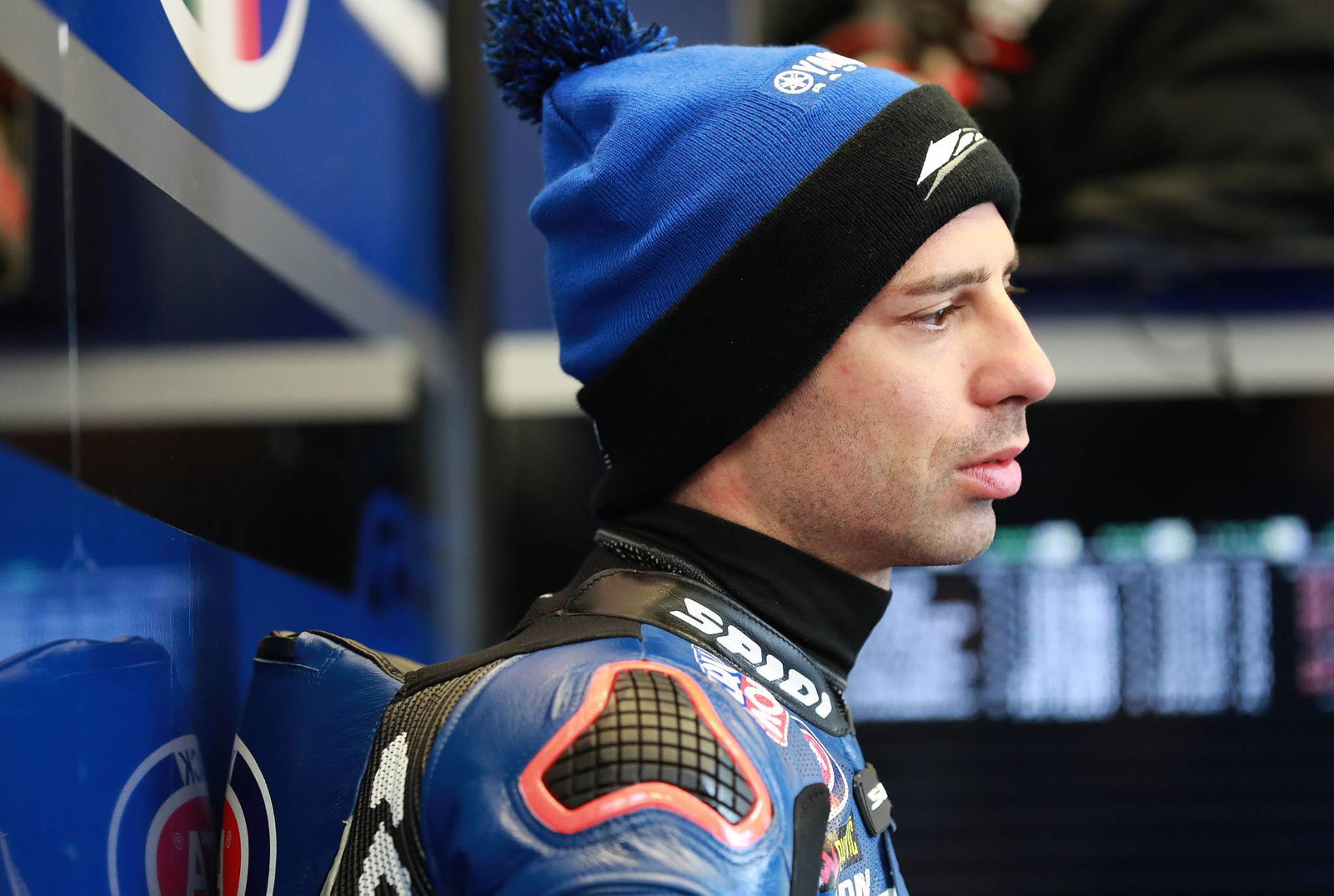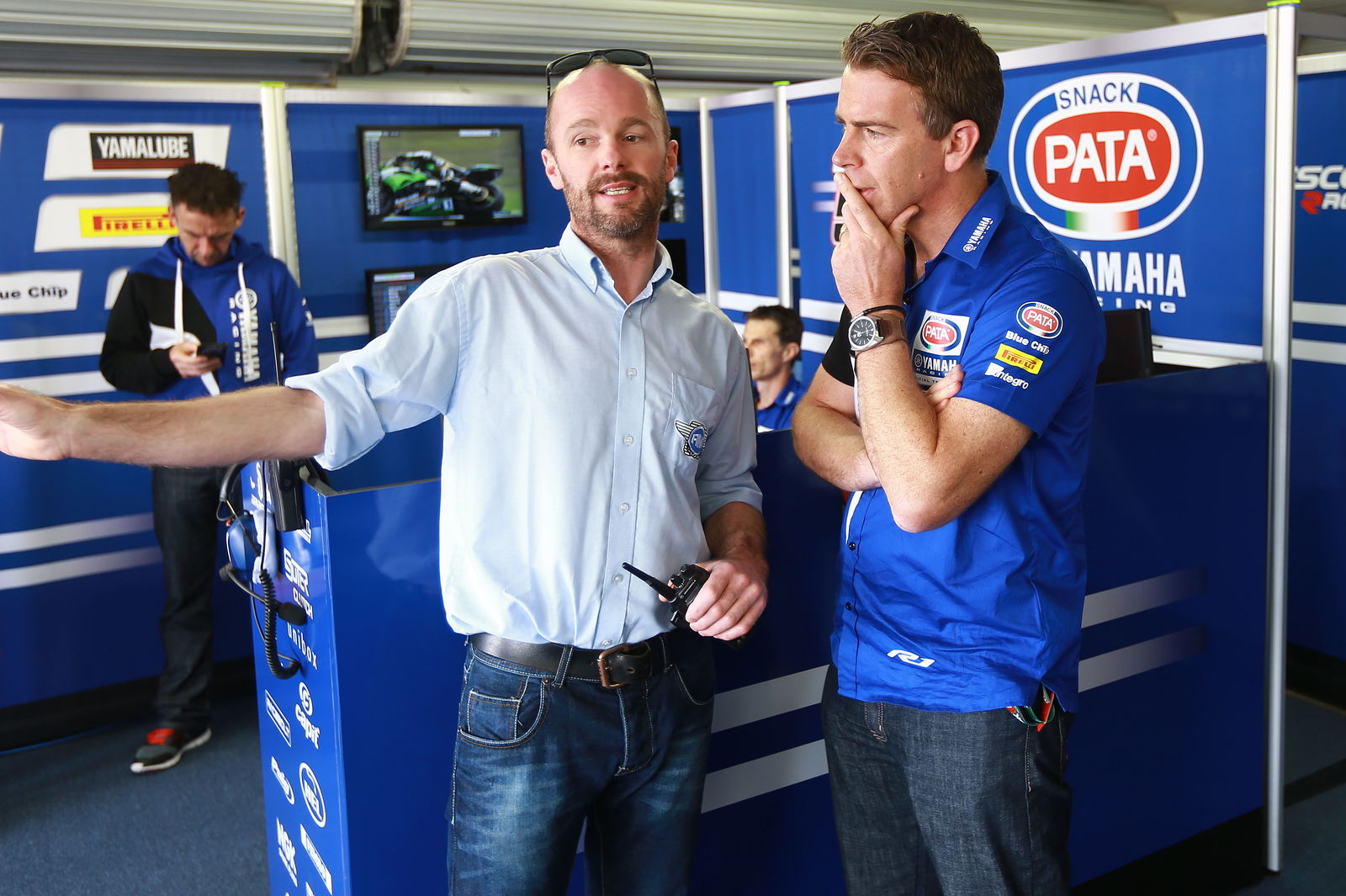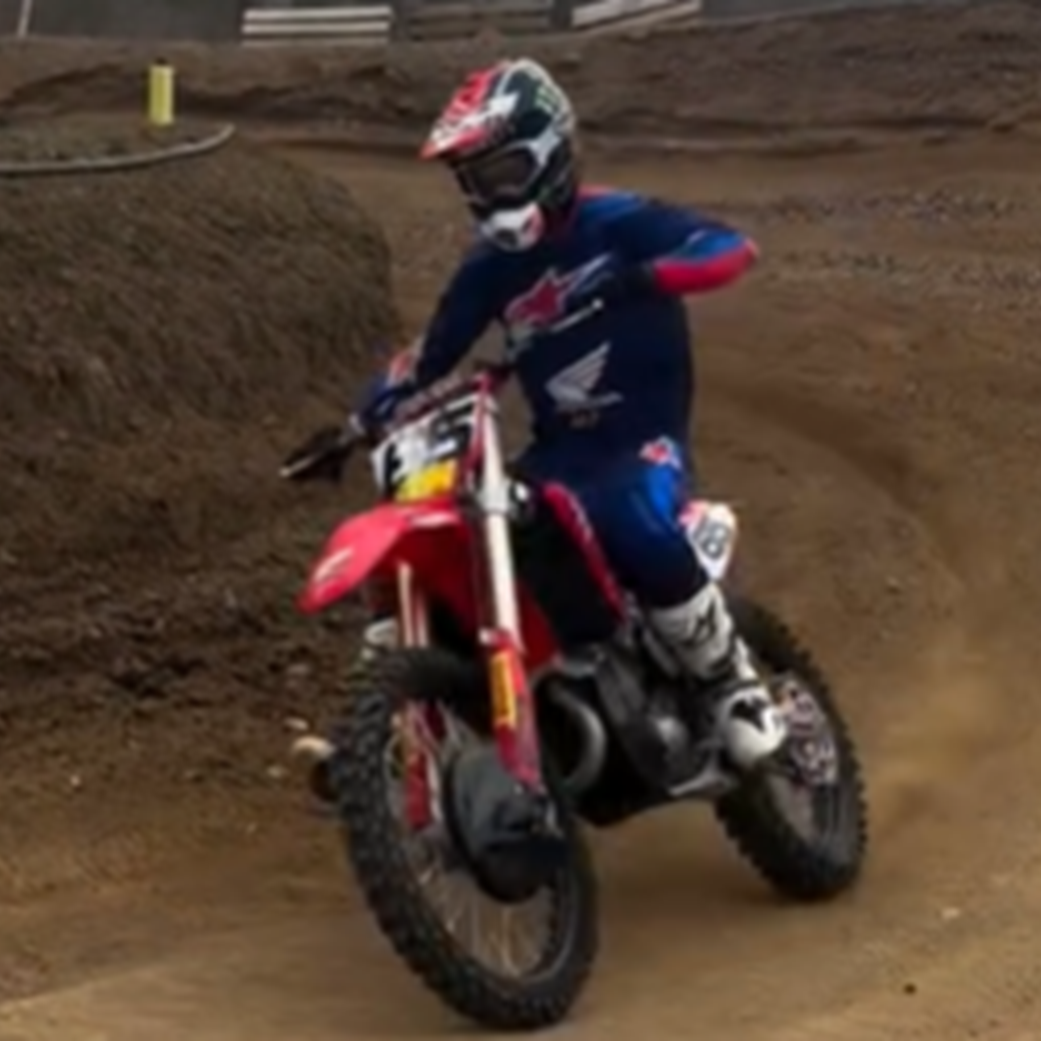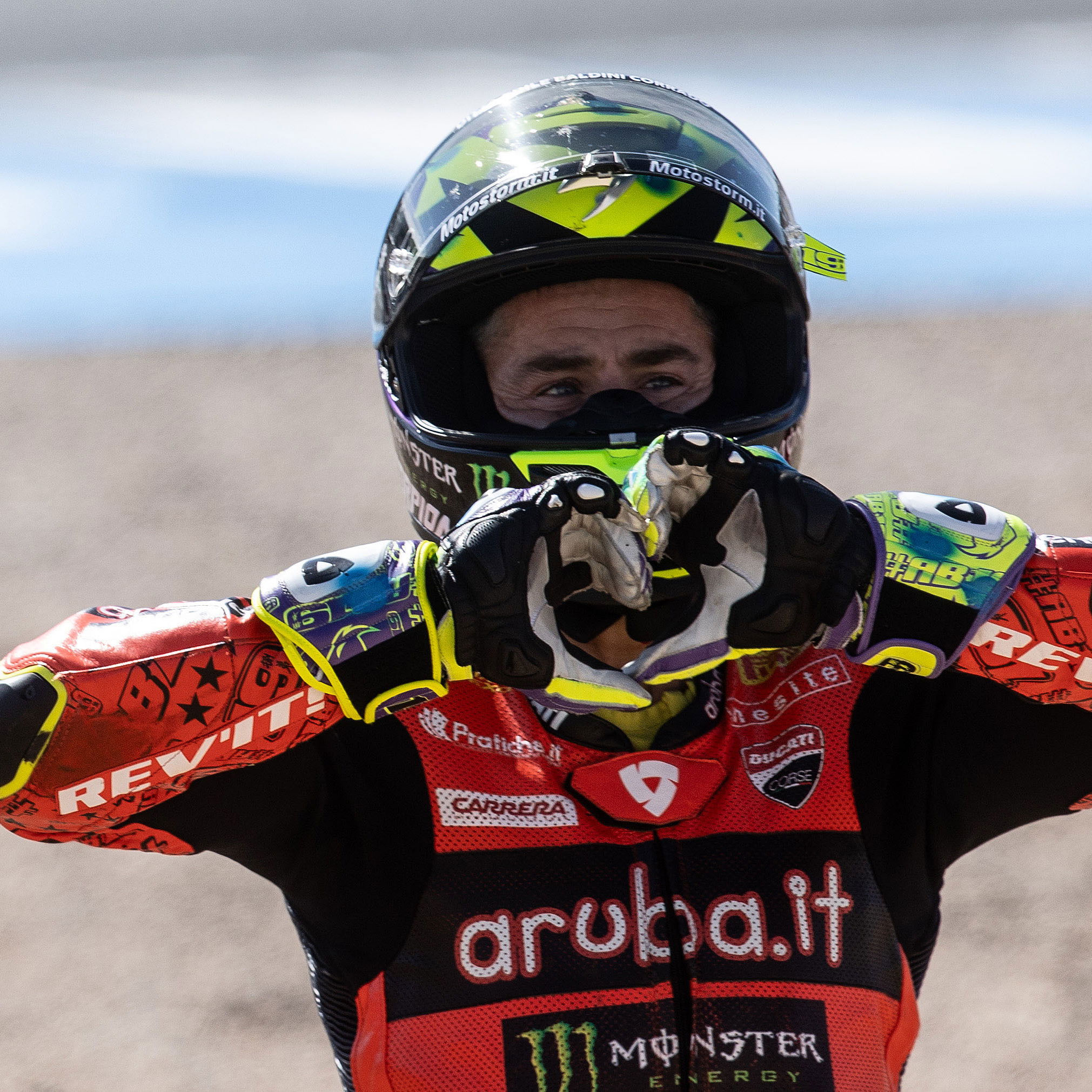EXCLUSIVE: Scott Smart (WorldSBK technical director) Interview Part 1
World Superbike technical director Scott Smart lays out the pros and cons in the arguments to bring in a single-specification ECU, the health of the production series in the boom of MotoGP and the Jonathan Rea factor.
Smart, nephew of the legendary Barry Sheene, oversees the technical rules and developments in World Superbikes as representative for the FIM. While his role gives him intimate technical knowledge of all World Superbike machines, Smart provides his take on the current rules and what can be done in the future to improve the spectacle.

World Superbike technical director Scott Smart lays out the pros and cons in the arguments to bring in a single-specification ECU, the health of the production series in the boom of MotoGP and the Jonathan Rea factor.
Smart, nephew of the legendary Barry Sheene, oversees the technical rules and developments in World Superbikes as representative for the FIM. While his role gives him intimate technical knowledge of all World Superbike machines, Smart provides his take on the current rules and what can be done in the future to improve the spectacle.
Crash.net:
Hello Scott, firstly can you outline your World Superbike role representing the FIM and working with DORNA?
Scott Smart:
I work for FIM which is the governing body of the sport and I’m their permanent representative at the circuit. There are other people like Frank Vasey who was the safety officer and there will also be a medical director – there are always three or four of us. Plus, the FIM jury goes along to make judicial decisions if there are any protests.
The FIM is the governing body of the sport whereas DORNA is the promoter who owns the rights to the championship and they effectively lease the rights to run it for the FIM.
Crash.net:
Don’t you also work with Gregorio Lavilla?
Scott Smart:
Yes, I do and it carries on our relationship from when I used to race him on the Hawk Kawasaki and then on a Vivaldi Suzuki in BSB.
Crash.net:
And you are technical director, how does that work?
Scott Smart:
It’s my job to lead any decision made regarding technical regulations for WorldSBK but the final decision must be confirmed by a number of other bodies; The Superbike Commission which is comprised of the MSMA, DORNA, the promoters and the FIM and this is done by whatever means necessary, discussion, negotiation or vote.
Ultimately, I’m the guy on the ground at the circuit and I hear the voice of the teams, personnel and manufacturers and from that we can try to formulate the best way of moving forward technically. At that point we would put these ideas to the Superbike Commission at their meeting and this would then be voted on. It’s actually quite a long process to change technical regulations and there are several bodies involved but I would lead the direction.
Crash.net:
Let’s say there’s a fairly straightforward idea like a single-specification ECU – how fast can that be pushed through?
Scott Smart:
It can’t just be pushed through, I would need to discuss it with the people involved. There’s a process that must be followed.
Crash.net:
Do you notice a difference between the manufacturers and the people who run the show like there can be in MotoGP?
Scott Smart:
There is an element of that because they may have different priorities but in WorldSBK everyone is really a bit more accessible so it’s far easier to have had open and relaxed discussions with everyone concerned before any decision is made. The main thing is that we’re just a bit more open here.
Crash.net:
Is your job a full-time role or a consultancy one?
Scott Smart:
At the moment it’s more than full-time and I spend a crazy amount of time working or travelling around. Currently it’s more or less a 12-hour day for me. There’s homologation, travelling around to the manufacturers, checking the bikes, approval of parts, tidying up technical regulations and more.
Crash.net:
So, what is your assessment of the current state of WorldSBK?
Scott Smart:
Wow! That’s a big question because there are so many aspects.
Well, a few years ago, before DORNA got involved it was certainly getting smaller and it was suffering under the might of MotoGP. Since taking it over they’ve formalised the series more, all the teams now know what they’re getting, the work environment is cleaner and they’ve also managed to stabilise the crowds and the marketing of the product. They’re building it because it’s a product they own.
You often hear that DORNA have a negative view of WorldSBK but that’s not the case at all. Everyone in WorldSBK definitely wants it to succeed, it would make no sense for DORNA to buy a championship to close it because someone else would just buy the rights and start it up again.
WorldSBK is such a different product with different bikes, tracks and crowds so it can’t be approached in the same way as MotoGP. The championship has actually been getting better and the kind of bike control you see down the field is so impressive. From the championship’s point of view the problem is simply that we currently have a rider who is doing so well which potentially makes the racing less exciting.
If you’re into riding skills then it’s great but many people still want to see paint being swapped at the front.
Crash.net:
Do you think that this is just a Doohan-like era which needs to blow over?
Follow Page 2 for the rest of the Scott Smart interview (Part 1)...







